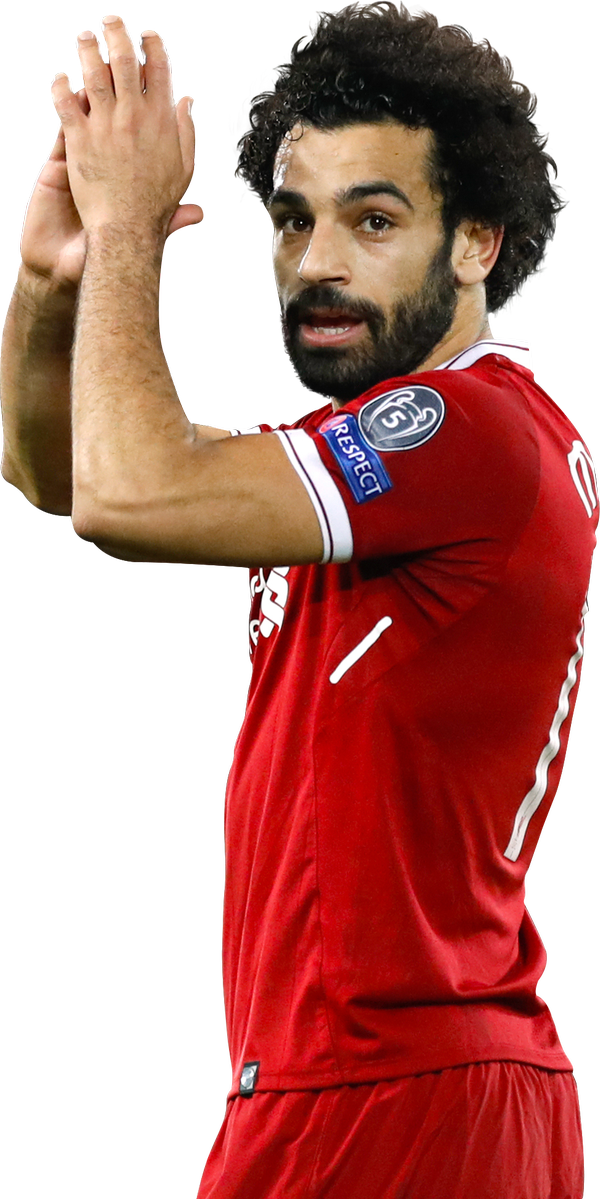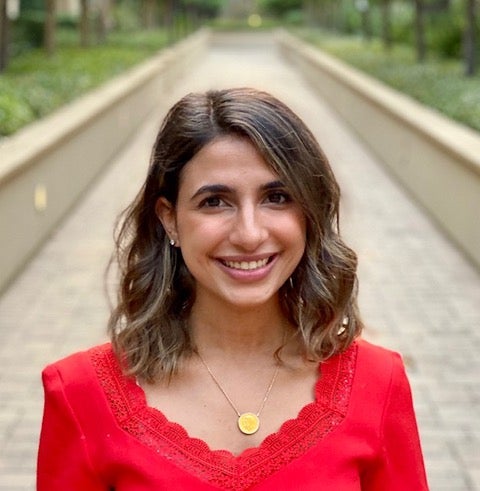Reducing Islamophobic Attitudes? The Effect of Mohamed Salah and the World Cup 2022
The Qatar FIFA World Cup 2022 Lecture Series

About the Lecture
Can exposure to celebrities from stigmatized groups reduce prejudice? To address this question, we study the case of Mohamed Salah, the elite soccer player. Using data on hate crime reports throughout England and 15 million tweets from British soccer fans, we find that after Salah joined Liverpool F.C., hate crimes in the Liverpool area dropped by 16% compared with a synthetic control, and Liverpool F.C. fans halved their rates of posting anti-Muslim tweets relative to fans of other top-flight clubs. An original survey experiment suggests that the salience of Salah’s Muslim identity enabled positive feelings toward Salah to generalize to Muslims more broadly. Our findings provide support for the parasocial contact hypothesis—indicating that positive exposure to out-group celebrities can spark real-world behavioral changes in prejudice.
About the speaker
Salma Mousa is an Assistant Professor of Political Science at Yale University. An Egyptian scholar of migration, conflict, and social cohesion, Salma typically partners with governments and NGOs in the Middle East and beyond to explore these questions. Her research has been published in Science and the American Political Science Review, and profiled by The Economist and PBS NOVA. She received her Ph.D. in political science from Stanford University in 2020, and her BSFS in International Politics from Georgetown University in Qatar.

Salma Mousa